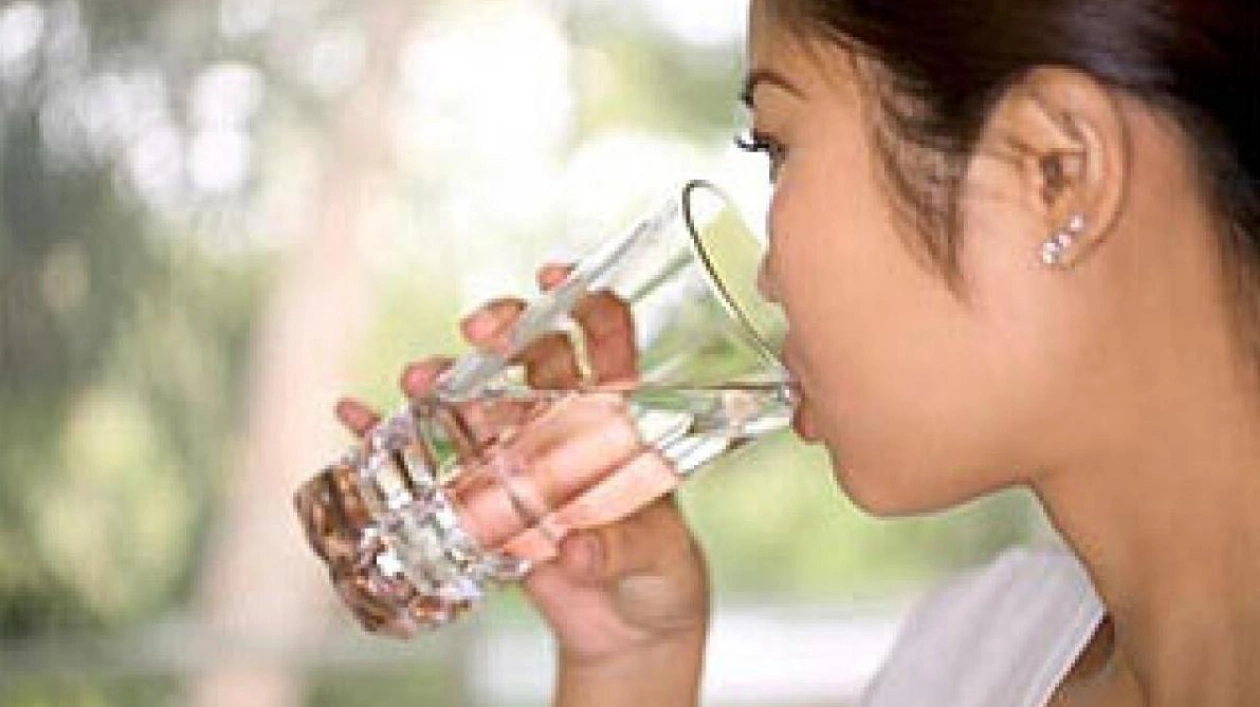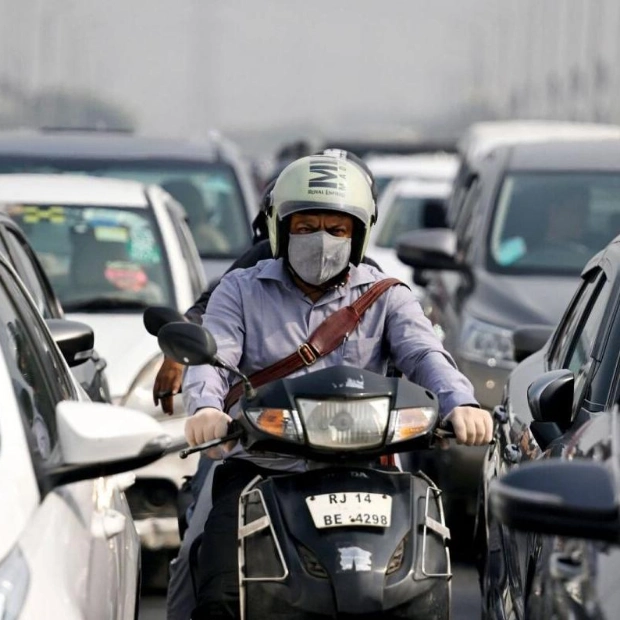As the summer heat in the UAE intensifies, maintaining proper hydration is essential for health. Consuming water aids in temperature regulation and prevents heat-related ailments, yet experts warn against excessive intake. Overconsumption can result in water intoxication or hyponatremia, a condition where sodium levels in the blood are dangerously low. This low sodium concentration causes swelling in cells, including those in the brain, potentially leading to severe health issues ranging from headaches and nausea to confusion, seizures, and in rare instances, coma.
Dr. Heidy Wagdy, a general practitioner at Medcare Medical Center in Al Furjan West, explained to Khaleej Times that healthy kidneys can process between 0.8 to 1.0 litres of water per hour. Consuming more than this amount, particularly in a short timeframe, can overload the kidneys and lead to water intoxication. Despite the importance of hydration, some content creators posing as experts have been advising residents to drink as much water as possible, which is misleading and potentially harmful.
Dr. Aditya Bhabhe, a nephrology consultant at NMC Royal Hospital in Sharjah, cautioned against drinking more than three to four litres of water in a short period, emphasizing that this can be particularly detrimental if done repeatedly throughout the day. He recommended drinking water consistently throughout the day in response to the body's thirst signals. Dr. Khalid Shukri, specializing in Anti-Aging and Regenerative Medicine at Wealth Medcare Medical Center, suggests a daily intake of two litres during summer, which may increase for those engaged in strenuous outdoor activities. However, he warned against exceeding 1.5 litres per hour to avoid diluting electrolyte levels in the blood, which can pose health risks.
Dr. Wagdy provided practical tips for residents to maintain proper hydration: Drink regularly, avoid waiting until thirsty, and sip water throughout the day rather than gulping large amounts at once. Balance electrolytes by including foods or beverages with electrolytes, especially during intense physical activities. Opt for sports drinks but be aware of their sugar content. Incorporate water-rich foods like watermelon, cucumbers, and oranges into your diet to enhance hydration. Monitor urine color; light-colored urine indicates proper hydration.






